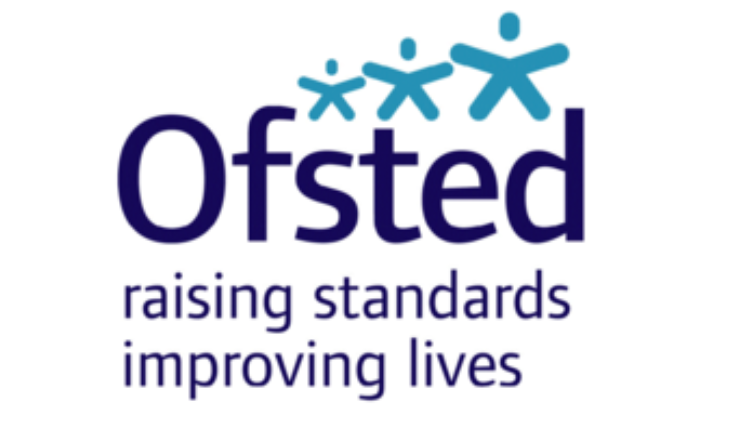Today, in the Spring Budget, the Government confirmed plans to increase the annual funding to the early years sector (estimated to be up to £500m). This increase will be based on a trackable indexing mechanism to ensure fees are in line with general inflation (CPI), average earnings growth and national living wage for 25/26 and 26/27. Local authorities will also have to pass through 97% of the funding and set their final rates within 8 weeks of DfE publishing theirs.
Whilst it was not announced by Jeremy Hunt in the House of Commons, early years stakeholder groups have been notified by DfE of these changes. Some of the information has been published in the Sping Budget 2024 documents. The metrics seem to be the same used for this year’s rates but now guaranteeing the same approach for two more years. The result of this could be up to £500m in funding. Timeframes to implement the changes to the LA pass rate and the 8 weeks window to release final rates have not yet been confirmed.
So, what does this mean?
Whilst the Government has suggested an increase of around £500m, this wont be directly added to funding 24/25. Instead, they will use a statistical measure for tracking economic data such as general inflation (CPI), average earnings growth and national living wage and as these increase funding will then increase by an estimated £500m (best case scenario) so that the gap between funding rates and delivery costs does not widen any further.
What are the positives for providers?
-
Possible annual reviews and a move to indexing is a positive step. This could open doors for other reviews like the 2-year-old offer for the most deprived households.
-
The government has listened to the sector who were unanimously calling for final funded rates to be released earlier in order to plan.
-
Local authorities will have to pass on 97% of the funding instead of the 95% they do now. An increase of 2%.
Does this solve the current issues the providers face?
-
It does not close the current gap between actual delivery costs and funded hours rates, for many this has been the reason the closure of settings and providers leaving the profession.
-
This increase is related to annual increases instead of a commitment to improve salaries or stop parent fee increase.
-
There is nothing mentioned in the budget that specifically addresses the issue of providers leaving and settings closing before the first phase of the scheme’s expansion on 1 April 2024.
What next?
PACEY is campaigning for policy changes that will support Childminders and improve working conditions. The two urgent priorities at the moment being:
-
Allowing related children to be included in the funded scheme
-
Addressing the challenges moving Childminders from Tax credits to Universal credits.
The Early Education and Childcare Coalition, of which PACEY is a proud member is working on behalf of our sector to call for the Chancellor to:
-
Increase rates and ensure they are linked to inflation and wage growth.
-
Increase funding for SEND and simplify the application process
-
Develop a new early years workforce strategy that addresses retention as well as recruitment
-
Bring the Early Years Pupil Premium in line with the Primary Pupil Premium
-
Allow student parents to access the 30 hours scheme
-
Provide more guidance for work coaches to support parents on universal credit with childcare
-
Commission an urgent review of the sector to look at the balance between childcare and education
We are still waiting for Labour to publish their review for the early years sector. At Labour’s annual conference in October last year, Bridget Phillipson MP announced plans for a large-scale review into early years education and childcare in England, in advance of this year’s general election.
The review is being chaired by Sir David Bell, the former Chief Inspector of Ofsted, and the former Permanent Secretary at the Department for Education.
Labour said its review would outline a plan for the upcoming expansion of the early entitlement offers, look at major reforms for the early years workforce, and contribute to the party’s plan to deal with the poor availability of early years places.
Comment from Helen Donohoe, PACEY Chief Exec and Vice Chair of the Early Education and Childcare Coalition:
“We fully welcome the introduction of the index mechanism as, along with others in the sector, we have been calling for it for some time. Likewise, changes to how local authorities distribute their early education funds will be welcomed by our members.
This is the sort of longer-term thinking that early education and childcare providers desperately need, and we will continue to call for a comprehensive long-term strategy that delivers fair funding and access, a properly invested-in workforce and full integration with all children’s services locally.”
Other announcements in today’s Spring Budget include:
- 2p reduction in National Insurance
- VAT registration threshold to increase
- Child benefit changing to household income rather than individual (this year)
- Child benefit salary threshold increase (next year)


